SYRIAN THREATS:
Love of country
A Phase III assessment
Twenty-five (25) prime actors were asked to name what they love about Syria and Syrians.
The picture of oranges was posted by Ghalia, a pre-war blogger living in Damascus. The poem beneath is by Nizar Qabbani, the Syrian diplomat, poet, and publisher.
My son sits at the edge of my bed
and asks me to recite a poem,
A tear falls from my eyes onto the pillow.
My son licks it up, astonished, saying:
"But this is a tear, father, not a poem!"
And I tell him:
"When you grow up, my son,
and read the diwan of Arabic poetry
you'll discover that the word and the tear are twins
and the Arabic poem
is no more than a tear wept by writing fingers."
My son lays down his pens, his crayon box in
front of me
and asks me to draw a homeland for him.
The brush trembles in my hands
and I sink, weeping.
Taken from "A Lesson In Drawing" by Nizar Qabbani.
In response to question, "What do you love about Syria and Syrians?"
Round 3 participants stated (Nov. 2016 - Jul. 2017):
“The easy, nice life we had at the time. The joy and love we had for each other, people helping each other. Picnics. The apricots in the first week of spring smelled gorgeous in Al-Zabadani and the top of Bloudan. We always went there when I was a teenager. The taste of the apricot was like coming from paradise, it was so fresh. I grew up there. My house is still there. My daughter is living in it.” (211211)
“The people, their good hearts. They are genuine. They may be affected by circumstances, but they open their homes, they open their hearts.” (212631)
“I was born in Syria. It's home. My children were born there. You can smell history in Damascus, even in the dust. The stones, the narrow streets in the old city. Even the newer part of the city was built in the '30s or so. I love the architecture. When I see similar architecture I am always taking pictures. The homes are spacious. You feel like you are always in touch with history. In the spring you can smell the roses. You can feel the presence of God in the churches, especially on Straight Street and at the Ananias Chapel. Straight Street is in the Bible in the Book of Acts. When Paul was stricken by the light and fell blinded from his horse Ananias helped him. The chapel is named for him. Relatives, childhood memories, people from all religions in school together. It was like a rainbow. The debates and different world views got you thinking. When you are born and raised in a place you are attached to—intellectual things too, not just emotions; issues like religious freedom—they draw you back." (215901)
“I am from Syria. That's where my family, my youth, my memories as a child come from. The country is diverse. The people are hospitable and warm. There are historic sites. People come from all over the world to see them. I didn’t pay attention to that when I was growing up. I noticed it when I returned. Some place are world heritage centers. In Syria, you feel the vibrance. The cuisine is 10,000 years of perfection. The women in Homs are the most beautiful women in the world. There is diversity: Muslims and Christians; there used to be Jews. All Syrians still feel attached to their homeland. It is the only country that has two cities that still speak Aramaic, the language of Christ. John the Baptist and Saladin lived in Syria—a diversity of historic figures. There is nature: the Mediterranean, the mountains. There are the ancient cities: the ruins of Palmyra, the City of Mari, Ugarit. I remember the richness of color in the Hamidiyeh Bazaar in the old city of Damascus. You go from small alley to small alley where merchants are selling their goods: all the colors, the smells, the dried apricots, the ice ream from a historic shop, the coffee, the sounds of the crowd. The people are resilient: they have overcome disasters, recent and historic. The people always come back—from invasions, earthquakes, from anything.” (218752)
“We have Syrian blood in the family. My mom's grandmother was Turkish Syrian. We were raised with the understanding that Egypt and Syria were one, remembering that historically they were. When I was young, when we visited people who were so super nice. Everyone, taxi drivers and people on the street giving directions, all were so nice. Syria has an amazing history It is obvious in the infrastructure and architecture. Syrians knew better than most how to preserve their history. Syria’s cuisine is one of the best in the region. In the United States some of my close friends were Syrians. The culture of Egypt is very close to the culture of the Levant. The Syrian refugees in Egypt are the most integrated of all the refugees there. They love their music and their dance. Many of the new Arabic artists rising now are Syrians, though not living in Syria.” (218631)
"I can speak to the diaspora more because that is where I have the most contact. The main thing is their sense of community, and their ability to keep going even when things are seriously bad. The same people keep working on every tragedy every time. It's inspiring. It helps me keep doing what I do." (233121)

